El Salvador Bitcoin purchases have become a topic of international interest as President Nayib Bukele boldly announced the country’s commitment to acquiring at least one Bitcoin daily, despite growing pressure from the International Monetary Fund (IMF). This move adds layers of complexity to El Salvador’s unique position as the first nation to adopt Bitcoin as legal tender, aiming to boost cryptocurrency investment and financial inclusion. Bukele’s refusal to yield to IMF demands demonstrates a significant shift in financial strategy, highlighting the tension between traditional financial institutions and emerging digital currencies. With El Salvador now holding over 6,100 Bitcoins, valued at approximately $534.5 million, the nation’s cryptocurrency holdings have sparked debate regarding Bitcoin mining in El Salvador and its potential to impact the economy. As this situation unfolds, the interaction between Nayib Bukele and the IMF will be closely monitored by both cryptocurrency advocates and skeptics alike.
In the heart of Central America, the dynamics of cryptocurrency and national policy have converged significantly in El Salvador. The ongoing initiatives to secure digital currency assets have sparked a lively discourse around the implications of Bitcoin as a state-sanctioned financial instrument. President Bukele’s government faces scrutiny and external pressures, notably from global financial authorities such as the IMF, regarding the sustainability of its Bitcoin-centric strategy. The debate encompasses various facets including Bitcoin mining operations and the growing interest in digital assets among the populace. As El Salvador navigates this uncharted territory, the intersection of national governance and innovative financial technologies continues to capture the world’s attention.
El Salvador’s Continued Bitcoin Investment Strategy
Despite facing significant pressure from the International Monetary Fund (IMF), El Salvador’s President Nayib Bukele has reaffirmed his commitment to his country’s Bitcoin purchasing strategy. As he confirmed on March 4, El Salvador will not stop buying at least one Bitcoin a day. This decision underscores a bold stance in the face of global scrutiny and positions El Salvador as a leader in adopting cryptocurrency on a national scale. Bukele’s determination highlights a commitment to innovation in an economy increasingly reliant on digital currencies.
The implications of this decision extend beyond just El Salvador’s domestic policy; it marks a significant moment in the global cryptocurrency landscape. By continuing Bitcoin purchases and maintaining its status as a legal tender, El Salvador aims to bolster its position as a pioneer in cryptocurrency investment. This strategy not only attracts attention to its economic reforms but also sets a precedent for other nations considering the incorporation of digital currencies into their financial systems, despite the potential dangers illustrated by the IMF’s concerns.
The Impact of IMF Pressure on El Salvador’s Bitcoin Policy
The IMF’s recent requests for El Salvador to halt the accumulation of Bitcoin raise important questions about the tension between traditional financial institutions and emerging cryptocurrency markets. The IMF is concerned that Bitcoin’s volatility could undermine the economic stability of a nation already facing financial challenges. By insisting on stopping Bitcoin mining operations and ceasing Bitcoin-denominated debt issuance, the IMF is prioritizing measures that could stabilize the national economy, reflecting a broader anxiety many financial institutions have regarding cryptocurrency’s risks.
However, El Salvador’s refusal to comply poses a unique challenge, both for the IMF and the country itself. As the first nation to adopt Bitcoin as legal tender, El Salvador is on the forefront of a financial revolution, and Bukele’s administration appears determined to showcase the potential benefits of integrating cryptocurrency into the economy. This standoff could lead to greater scrutiny of El Salvador’s financial decisions, impacting future investments and international relations, notably within the cryptocurrency investment spectrum.
Understanding Bitcoin as Legal Tender in El Salvador
El Salvador’s decision to designate Bitcoin as legal tender was a landmark event in global finance, representing a shift towards acceptance of digital currencies at governmental levels. This initiative, announced in September 2021, allowed businesses in El Salvador to accept Bitcoin for payments, positioning the country as a test case for cryptocurrencies. However, it also highlighted the complexities of integrating a highly volatile asset into daily economic transactions.
The initial enthusiasm surrounding Bitcoin’s legal tender status has evolved, with adjustments to the law in January allowing voluntary acceptance of Bitcoin. This shift indicates a cautious approach, where the government aims to mitigate the potential economic fallout while still promoting innovation. It exemplifies the balancing act El Salvador must maintain between fostering a progressive financial environment and ensuring economic stability amidst market unpredictability.
Bitcoin Mining Operations and Their Future in El Salvador
Bitcoin mining has evolved into a significant area of interest for El Salvador since the country adopted Bitcoin as legal tender. Mining operations utilize vast amounts of energy, leading to environmental concerns, especially regarding sustainability and compliance with international standards. The IMF’s request to cease mining activities emphasizes the need for regulatory frameworks that address these environmental impacts, reflecting a growing awareness of sustainability in the cryptocurrency sphere.
Nonetheless, the future of Bitcoin mining in El Salvador could pivot towards solutions that ensure energy use aligns with environmental considerations. By investing in renewable energy sources, the country could position itself as a leader not just in Bitcoin adoption but also in ethical mining practices. This pathway will require innovative thinking and strategic planning but could ultimately allow El Salvador to leverage its energy resources while reinforcing its commitment to Bitcoin.
The Value of Bitcoin Holdings in El Salvador’s Economy
El Salvador has accumulated an impressive portfolio of Bitcoin holdings, currently estimated to be around 6,101 Bitcoins, equating to approximately $534.5 million. This significant investment positions El Salvador as the sixth-largest national holder of Bitcoin globally, trailing only behind powerhouse nations like the United States and China. Such holdings can enhance the country’s international financial profile and provide a safety net against economic fluctuations.
Additionally, the ongoing value of these Bitcoin assets can be a double-edged sword. While they present an opportunity for national wealth generation, they also expose the country to the volatile nature of the cryptocurrency market. As Bitcoin prices can fluctuate dramatically, the economic impact of these investments requires careful management and strategic financial planning to ensure stability and growth in El Salvador’s economy.
Nayib Bukele’s Vision of a Bitcoin-Focused Economy
President Nayib Bukele has been a vocal proponent of Bitcoin, envisioning a future where the cryptocurrency plays an essential role in El Salvador’s economy. His commitment to purchasing Bitcoin daily reflects a belief that this digital currency will bring financial inclusion and modernization to the growing economy. Bukele’s drive for a Bitcoin-focused economy signifies a move away from traditional financial reliance, aiming to empower citizens through digital assets and technology.
Furthermore, Bukele’s vision for integrating Bitcoin into the economy resonates with the global trend of increasing cryptocurrency adoption. By prioritizing Bitcoin, El Salvador could attract foreign investment and foster a vibrant fintech scene. However, this transformative vision hinges on careful implementation and navigating the challenges posed by established financial systems, illustrating the ambitious spirit of leadership driving this initiative.
The Future of Cryptocurrency Investment in El Salvador
As the landscape of digital currencies evolves, El Salvador stands at a crossroads in its cryptocurrency journey. With Bitcoin as legal tender, the nation has positioned itself uniquely for potential growth in cryptocurrency investment. This pioneering approach could attract international investors interested in capitalizing on the innovative economic strategies spearheaded by Bukele’s administration.
However, the future of these investments depends heavily on El Salvador’s ability to navigate international financial pressures, particularly from the IMF and other institutions wary of the volatility associated with cryptocurrencies. If successful, El Salvador could emerge as a leading hub for cryptocurrency investment, offering a model for other nations grappling with similar decisions regarding digital currencies.
Navigating Economic Challenges Amidst Bitcoin Integration
El Salvador’s integration of Bitcoin into its economy has not been without its challenges. Balancing the innovative potential of cryptocurrency against the traditional norms of financial management is a delicate task. As the IMF has voiced concerns about Bitcoin’s associated risks, El Salvador faces the challenge of stabilizing its financial landscape while promoting growth through digital assets.
Addressing these economic challenges requires strategic foresight and adaptability. The government’s capacity to communicate the benefits of cryptocurrency effectively and manage its risks will play a crucial role in shaping public perception and ensuring successful implementation. Striking this balance is essential as El Salvador charts its course in the evolving world of finance.
Bitcoin and the Evolution of El Salvador’s Economic Landscape
The embrace of Bitcoin signifies a profound shift in El Salvador’s economic landscape, moving toward a more digital and innovative framework. As cryptocurrencies gain traction worldwide, El Salvador’s decision to adopt Bitcoin as legal tender is reflective of broader trends in financial technology. It highlights the potential for developing a modernized economy that is less dependent on traditional banking systems and is more inclusive for its citizens.
However, this transformation comes with its set of challenges and opportunities. Navigating the complexities of integrating a volatile asset like Bitcoin requires a comprehensive understanding of both the risks and benefits. As El Salvador continues to adapt to this new economic reality, the lessons learned will not only shape its future but could also provide insight for other nations considering similar paths in cryptocurrency adoption.
Frequently Asked Questions
What is the current status of El Salvador Bitcoin purchases under Nayib Bukele’s presidency?
As of March 2023, President Nayib Bukele continues to implement a strategy of purchasing at least one Bitcoin daily, despite pressure from the International Monetary Fund (IMF) to halt these purchases. El Salvador’s commitment to Bitcoin purchases reflects Bukele’s belief in the cryptocurrency’s potential to foster economic growth.
How has the IMF pressured El Salvador regarding Bitcoin legal tender?
The IMF has requested that El Salvador halt its accumulation of Bitcoin as part of an extended $1.4 billion financial arrangement. The organization has expressed concerns over Bitcoin’s status as legal tender in the country and has urged restrictions on Bitcoin mining operations.
What implications does IMF pressure have on Bitcoin mining in El Salvador?
The IMF has requested that El Salvador cease its Bitcoin mining activities, which are a significant part of the country’s Bitcoin initiative. The government’s response to this pressure on Bitcoin mining remains uncertain, but it reflects the ongoing conflicts over cryptocurrency policy.
Why did El Salvador adopt Bitcoin as legal tender?
El Salvador became the first country to adopt Bitcoin as legal tender in September 2021, aiming to increase financial inclusion and attract foreign investment. Despite some successes, the legal tender status has faced challenges, leading to a law in January 2023 that makes Bitcoin acceptance voluntary for private sector merchants.
What is the total amount of Bitcoin held by El Salvador currently?
As of now, El Salvador holds a total of 6,101 Bitcoins, valued at approximately $534.5 million, making it one of the largest national holders of Bitcoin globally, following behind only a few major countries.
How does El Salvador’s Bitcoin purchasing strategy affect cryptocurrency investment?
El Salvador’s ongoing Bitcoin purchases under Nayib Bukele have positioned the country as a unique case study in cryptocurrency investment. This strategy, amidst international pressures, has sparked discussions about the implications of digital currency on economic policy and investor confidence.
What are the potential risks associated with El Salvador’s Bitcoin legal tender policy?
The risks associated with El Salvador’s Bitcoin legal tender policy include volatility in cryptocurrency markets, potential isolation from international financial institutions like the IMF, and challenges in transitioning traditional economic practices to incorporate Bitcoin effectively.
| Key Point | Details |
|---|---|
| El Salvador’s Bitcoin Purchase Strategy | President Nayib Bukele confirmed the country’s commitment to buy at least one Bitcoin a day. |
| IMF Pressure | The IMF has requested that El Salvador stop its Bitcoin purchases and mining operations. |
| Government Response | Bukele stated that El Salvador will not comply with the request to halt Bitcoin purchases. |
| Current Bitcoin Holdings | El Salvador holds 6,101 Bitcoins, valued at approximately $534.5 million. |
| Legal Context | Bitcoin was adopted as legal tender in September 2021, but acceptance was made voluntary for private merchants in January. |
Summary
El Salvador Bitcoin purchases continue unabated as President Nayib Bukele confirms the country’s plans to acquire at least one Bitcoin daily despite pressures from the International Monetary Fund (IMF). This resolve highlights El Salvador’s commitment to Bitcoin integration within its economy.
El Salvador’s bold move to embrace Bitcoin by making it legal tender has sparked global intrigue, particularly with its ongoing strategy of consistent Bitcoin purchases. President Nayib Bukele recently affirmed that the country will continue to buy at least one Bitcoin daily, irrespective of growing pressure from the International Monetary Fund (IMF). This determination highlights El Salvador’s commitment to cryptocurrency investment despite the IMF’s requests to halt Bitcoin acquisitions and mining activities. As the nation accumulates a significant Bitcoin reserve, holding over 6,100 BTC worth approximately $534.5 million, it positions itself among the world’s leading Bitcoin holders. With such advancements, the path ahead for El Salvador and its innovative financial strategy remains a focal point for observers and investors alike, especially amid discussions surrounding the implications of Bitcoin as legal tender.
In a revolutionary step towards modernization, El Salvador has been at the forefront of integrating digital currency within its economy, pioneering a legal framework for cryptocurrency transactions. The nation’s President Nayib Bukele has taken a strong stance amid pressures from international financial bodies, notably the IMF, to curb its cryptocurrency activities. By committing to daily Bitcoin acquisitions and fostering a culture of Bitcoin mining in El Salvador, it sets a precedent for other countries exploring similar financial innovations. The intersection of national finances with digital assets underscores a transformative approach to economic growth, inviting a range of cryptocurrency investment opportunities. As El Salvador navigates these uncharted waters, the implications for its economy and the broader cryptocurrency landscape are significant.
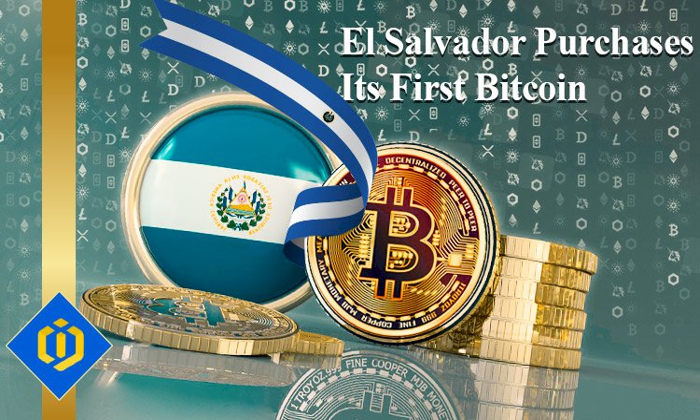



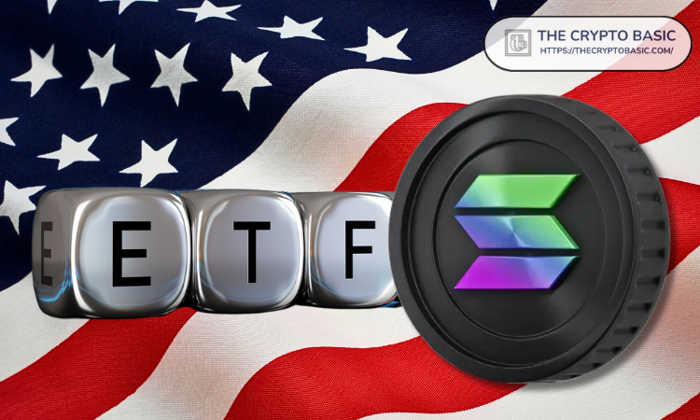
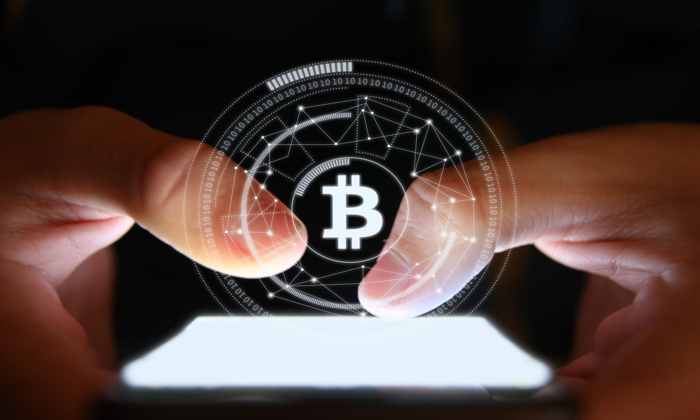
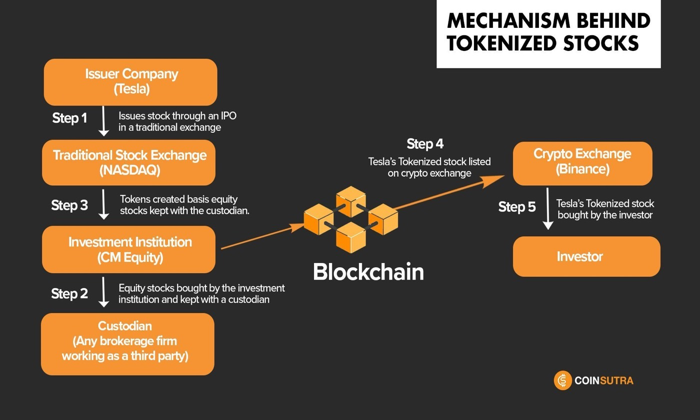
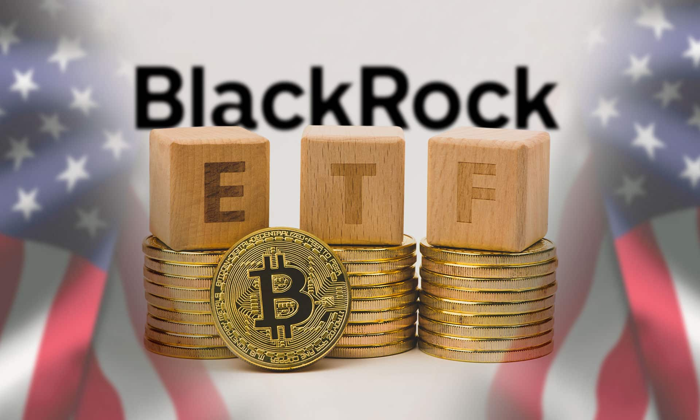
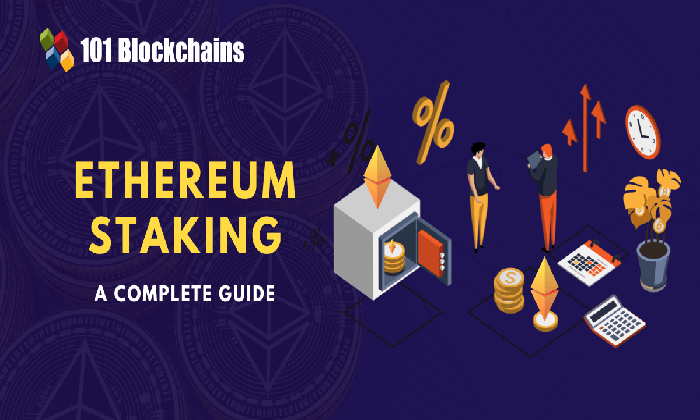
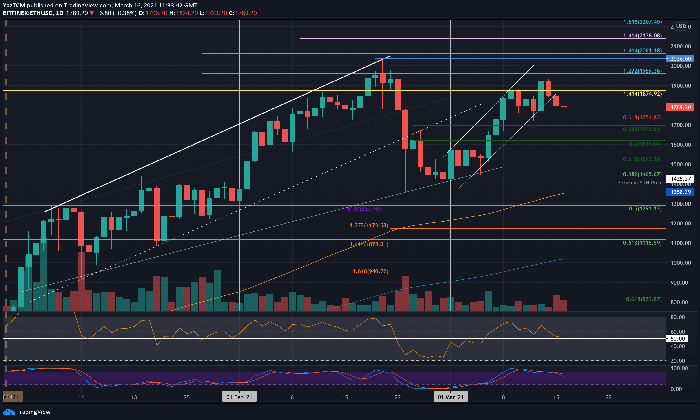
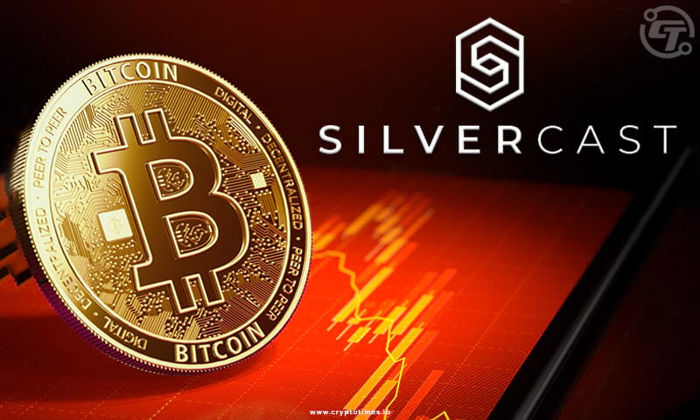
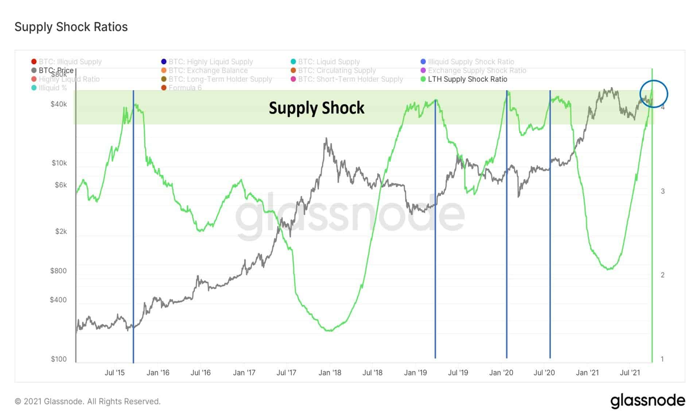
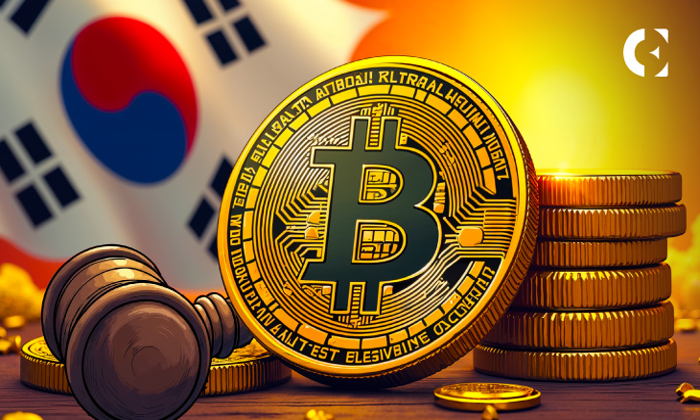
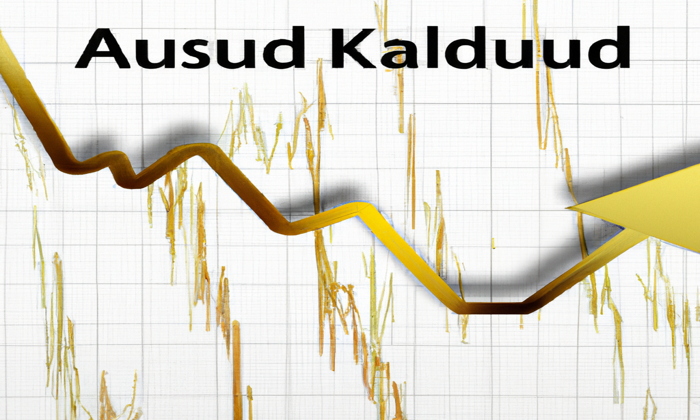

Leave a Reply